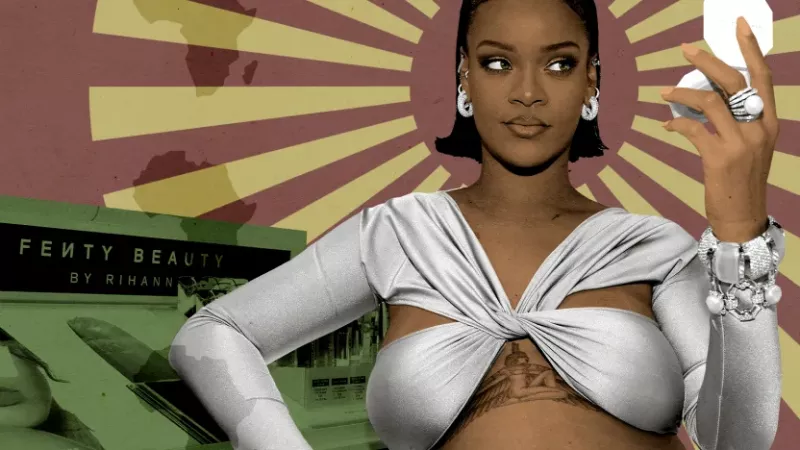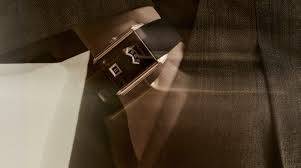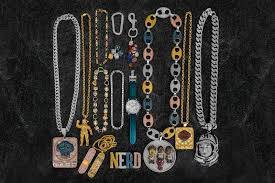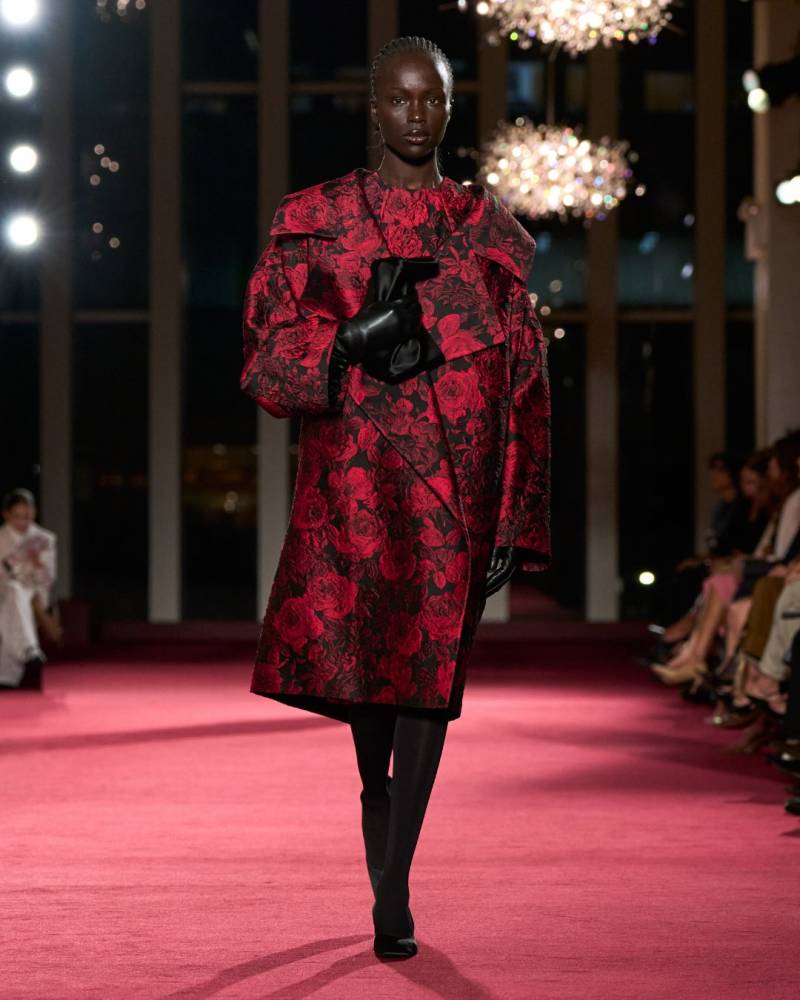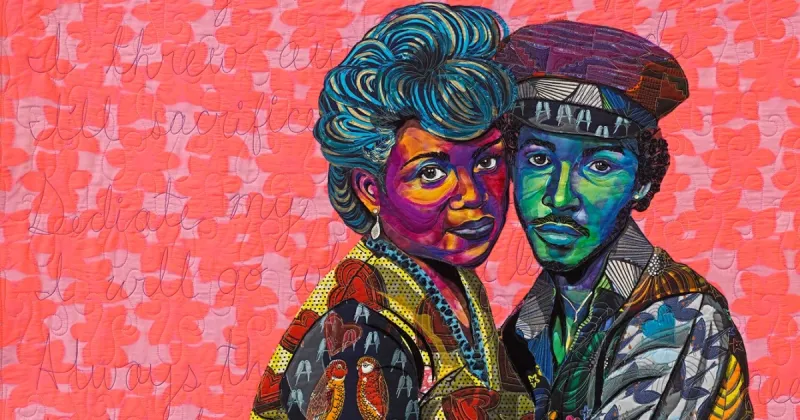The continent's beauty industry is expected to be worth $14 billion by the end of 2022
For beauty junkies living on the second-most populous continent, the wait is finally over. Last week, pop music sensation and style mogul Rihanna announced that she'll finally begin selling her Fenty Beauty products in Africa. Here's everything you need to know:
What is Fenty Beauty?
Rihanna launched Fenty Beauty, her cosmetics brand, in 2017 in an effort to include everyone by "focusing on a wide range of traditionally hard-to-match skin tones, creating formulas that work for all skin types, and pinpointing universal shades." The company made Rihanna a billionaire, as she cornered a market traditionally ignored by major beauty brands. "A lot of women felt there were no lines out there that catered to their skin tone. It was light, medium, medium dark, dark," Shannon Coyne, co-founder of consumer products consultancy Bluestock Advisors, told Forbes. "We all know that's not reality. She was one of the first brands that came out and said, 'I want to speak to all of those different people.'"
Fenty made more than $550 million in revenue in its first year and today is worth $2.8 billion.
Where is Fenty Beauty available?
Fenty Beauty was already available in stores in the U.S., Canada, Mexico, France, Spain, Denmark, Sweden, Thailand, Malaysia, Australia, Singapore, and the Middle East. Rihanna tweeted last month that her products are now available for purchase in Botswana, Ghana, Kenya, Namibia, Nigeria, South Africa, Zambia, Zimbabwe — "and that's just the beginning!!!"
Does Fenty have competitors in Africa?
Of course. Although Africa had a slow start in the beauty industry, it's expected to continue expanding and become "worth more than $14 billion by 2022," The Guardian reports. There still aren't too many U.S.-based brands sold there, but with business booming, that may be changing soon.
However, there is one massive beauty brand that distributes products to countries in Africa: L'Oréal. The beauty giant established business in South Africa in 1963 with the goal of addressing its customer's needs by focusing "on developing beauty innovations that are tailored for the African consumer," the company has stated. L'Oréal distributes 29 brands across the continent, including Dark & Lovely, Maybelline, Mixa, Yves Saint Laurent, Kiehl's, Lancôme, Vichy, La Roche Posay, and Mizani. Since Fenty Beauty is a Kendo brand, under the LVMH beauty umbrella, the launch could mean that other global sister companies could soon follow Rihanna's lead.
What is the beauty industry like in Africa?
"Beauty brands using African heritage ingredients like marula, moringa, and baobab are gathering momentum across the continent," BOF writes. In fact, many of the natural, holistic influences in the contemporary industry come from African traditions, especially as related to skincare. "Through centuries of remedies, stories, and healing archetypes, the ingredients used … are raw and molded from the royalty of the earth," Byrdie contributor Nateisha Scott wrote when sharing suggestions of 13 African Beauty Brands We Can't Stop Using.
Why is it savvy for Rihanna to expand to the continent?
Rihanna's focus is inclusivity, so distributing Fenty Beauty products in Africa is a wise move culturally and optically. But it's also a smart business move since a "steady rise in disposable incomes among the continent's middle class" will result in "higher demand for high-quality, niche, and foreign-produced goods," journalist Seth Onyango writes.
Additionally, Africa has the youngest population of any continent in the world, making it "an attractive region for manufacturers, brands, and retailers." Indeed, "Rihanna's brand might … unlock more investments into Africa's beauty industry." Now how's that for trendsetting?
